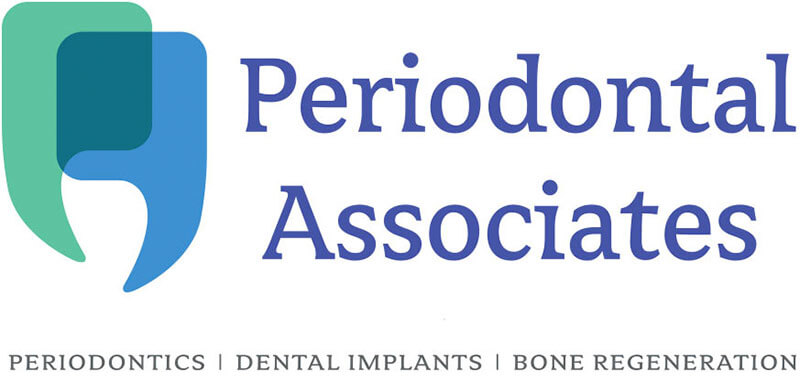Several genes affect tooth development in the first year of life, according to the findings of a study conducted at Imperial College London, the University of Bristol in the UK and the University of Oulu in Finland. The research, published February 26 in the open-access journal PLoS Genetics, shows that the teeth of babies with certain genetic variants tend to appear later and that these children have a lower number of teeth by age one. Additionally, those children whose teeth develop later are more likely to need orthodontic treatment. Abnormal tooth development may lead to dental problems that demand challenging and costly orthodontic treatment. The discovery of genes influencing tooth growth may lead to innovations in the early treatment and prevention of congenital dental and occlusion problems. Professor Marjo-Riitta Jarvelin said: “The discoveries of genetic and environmental determinants of human development will help us to understand the development of many disorders which appear later in life. We hope also that these discoveries will increase knowledge about why foetal growth seems to be such an important factor in the development of many chronic diseases.” Do any of our orthodontic colleagues feel that this article has merit? Has this been your experience in practice?
Source: Science Daily
Journal Reference: Pillas D, Hoggart CJ, Evans DM, O’Reilly PF, Sipilä K, et al. Genome-Wide Association Study Reveals Multiple Loci Associated with Primary Tooth Development during Infancy. PLoS Genet, 6(2): e1000856 DOI: 10.1371/journal.pgen.1000856
